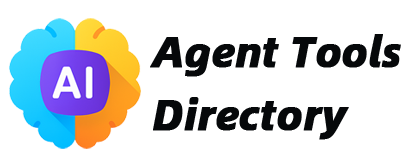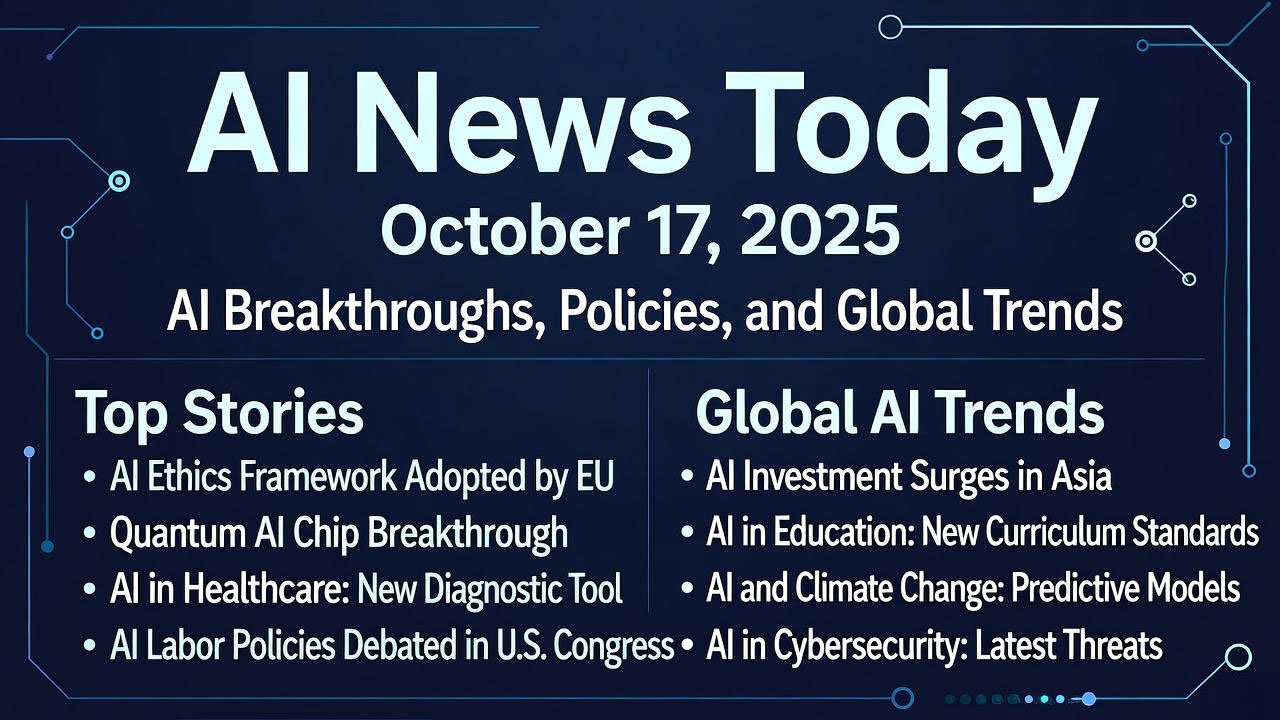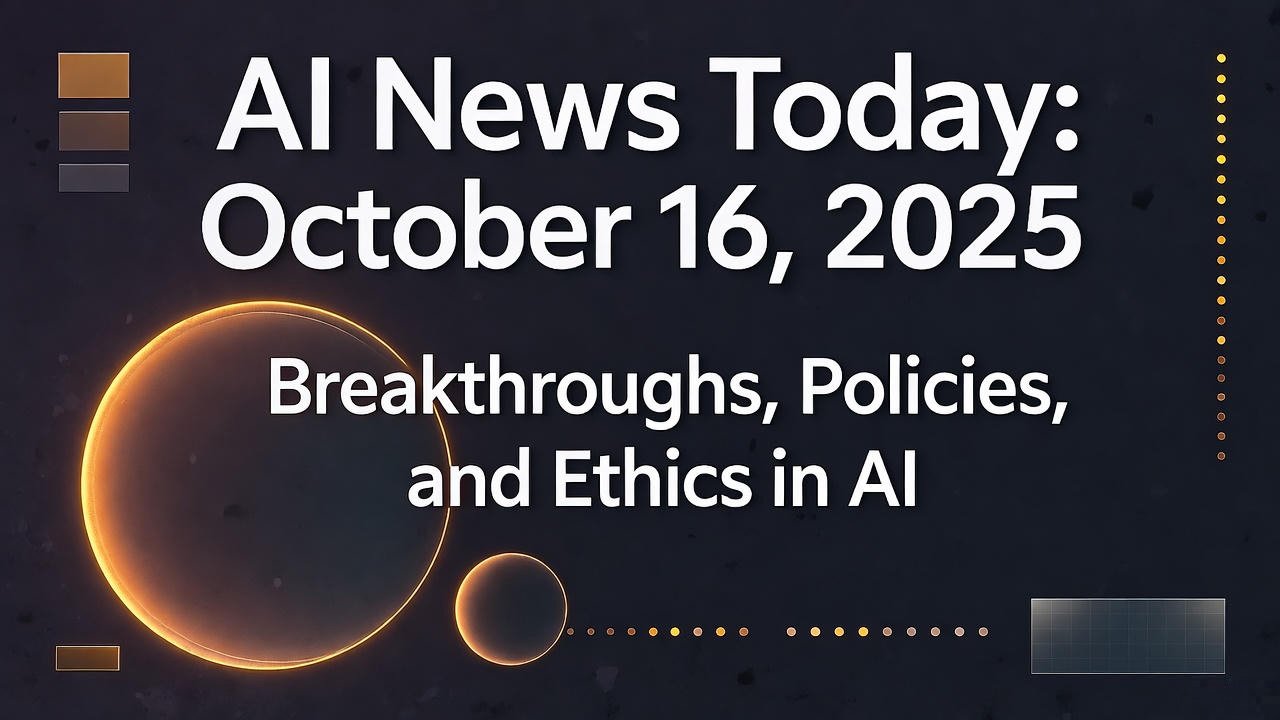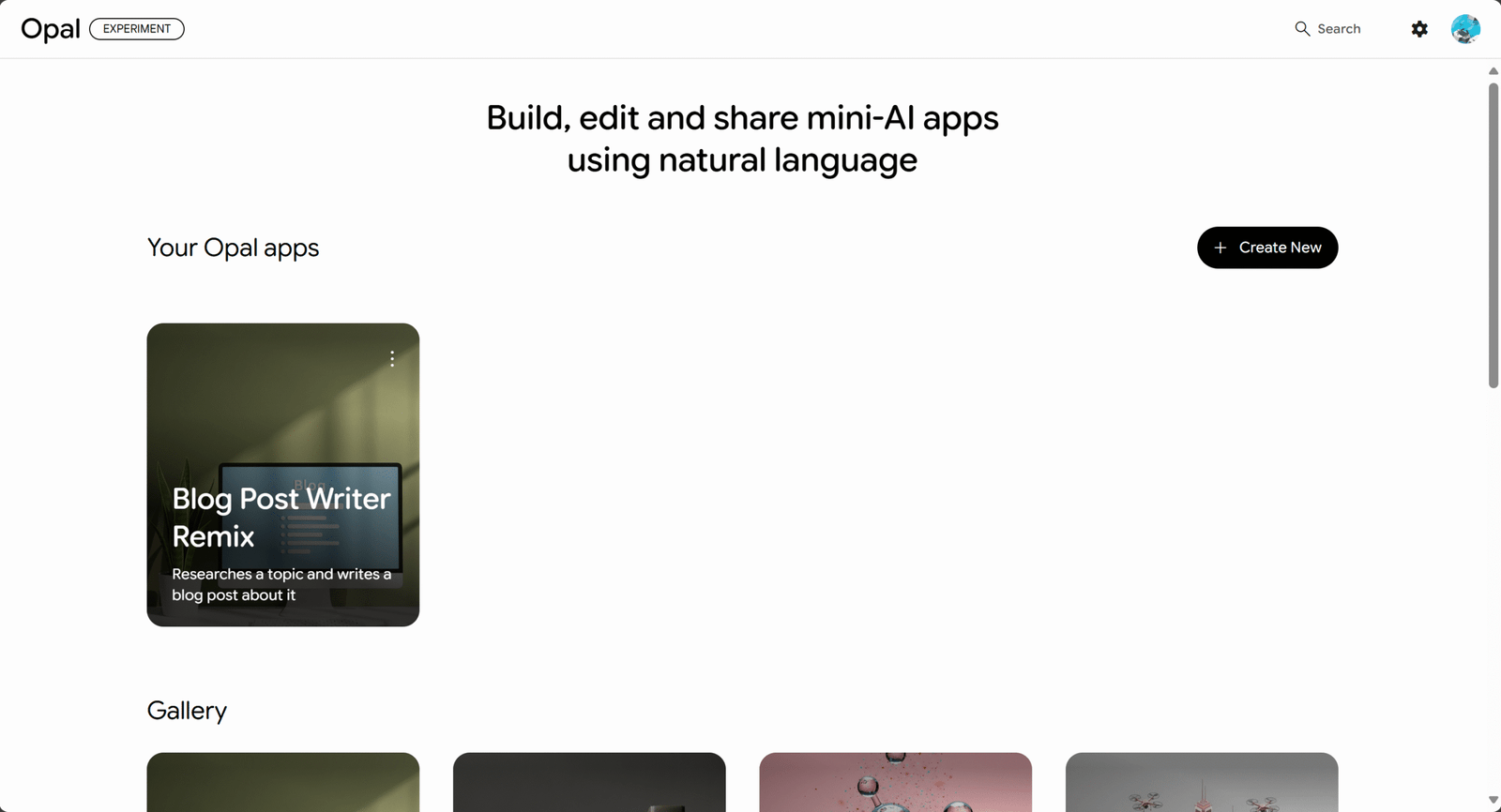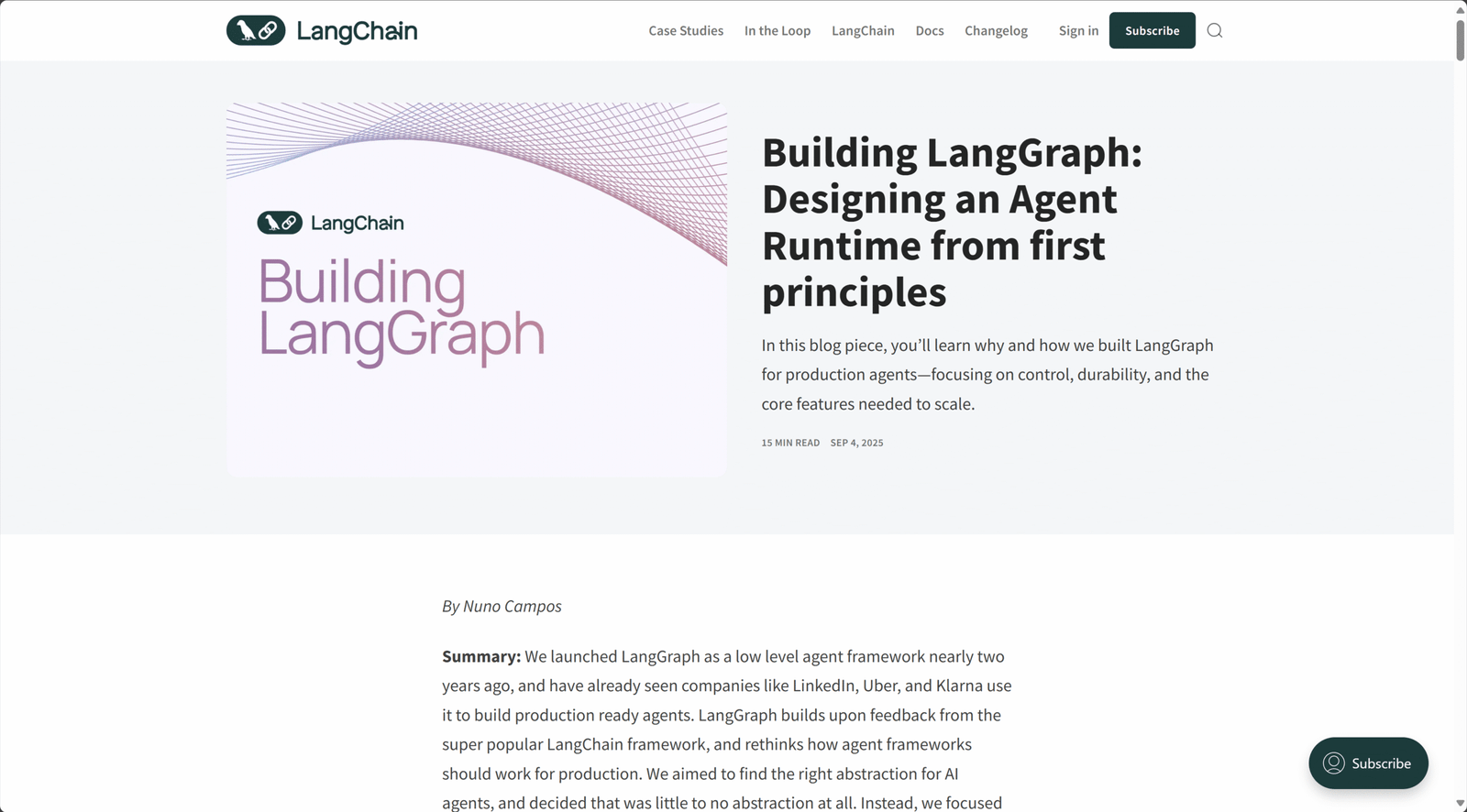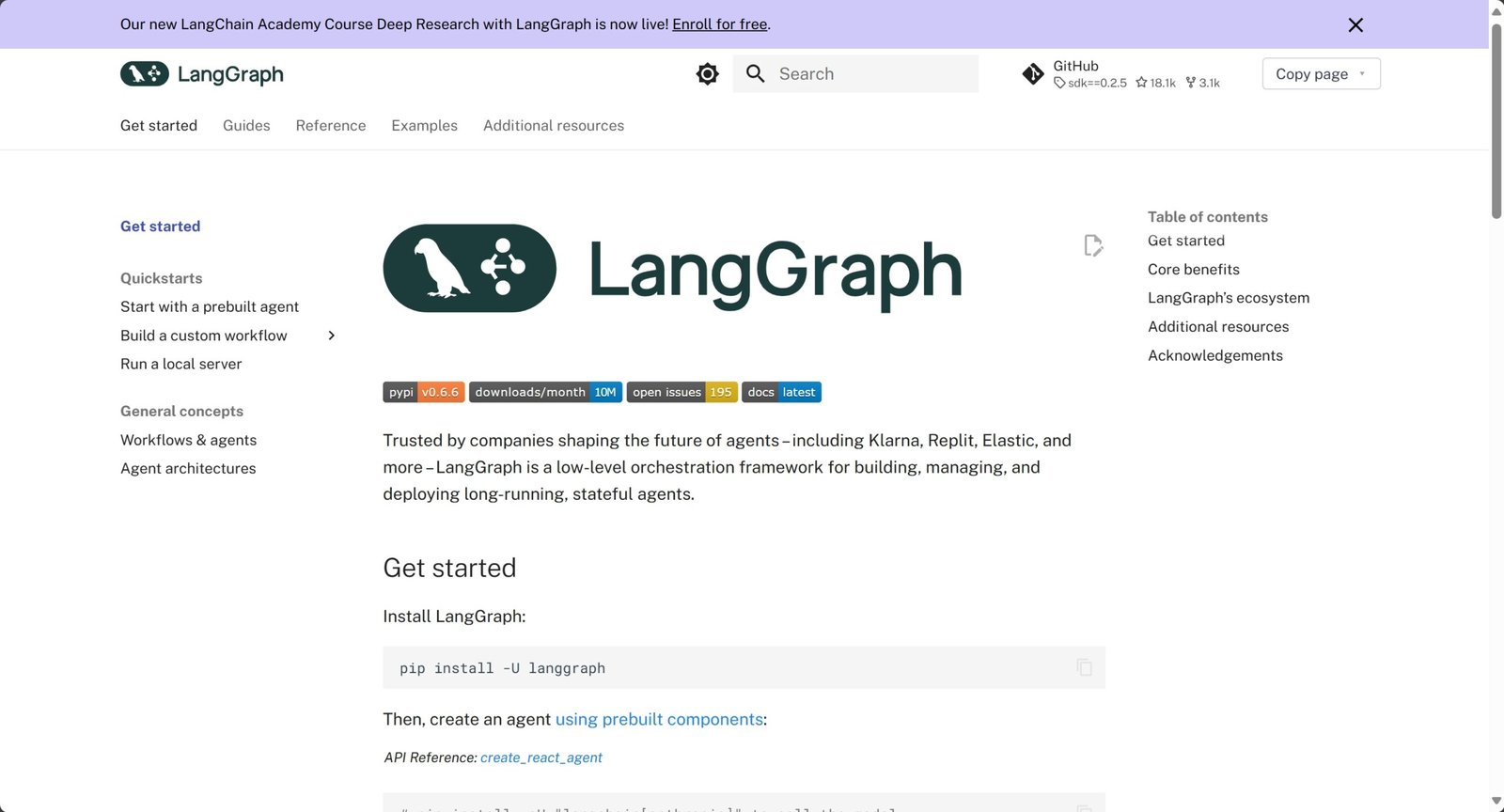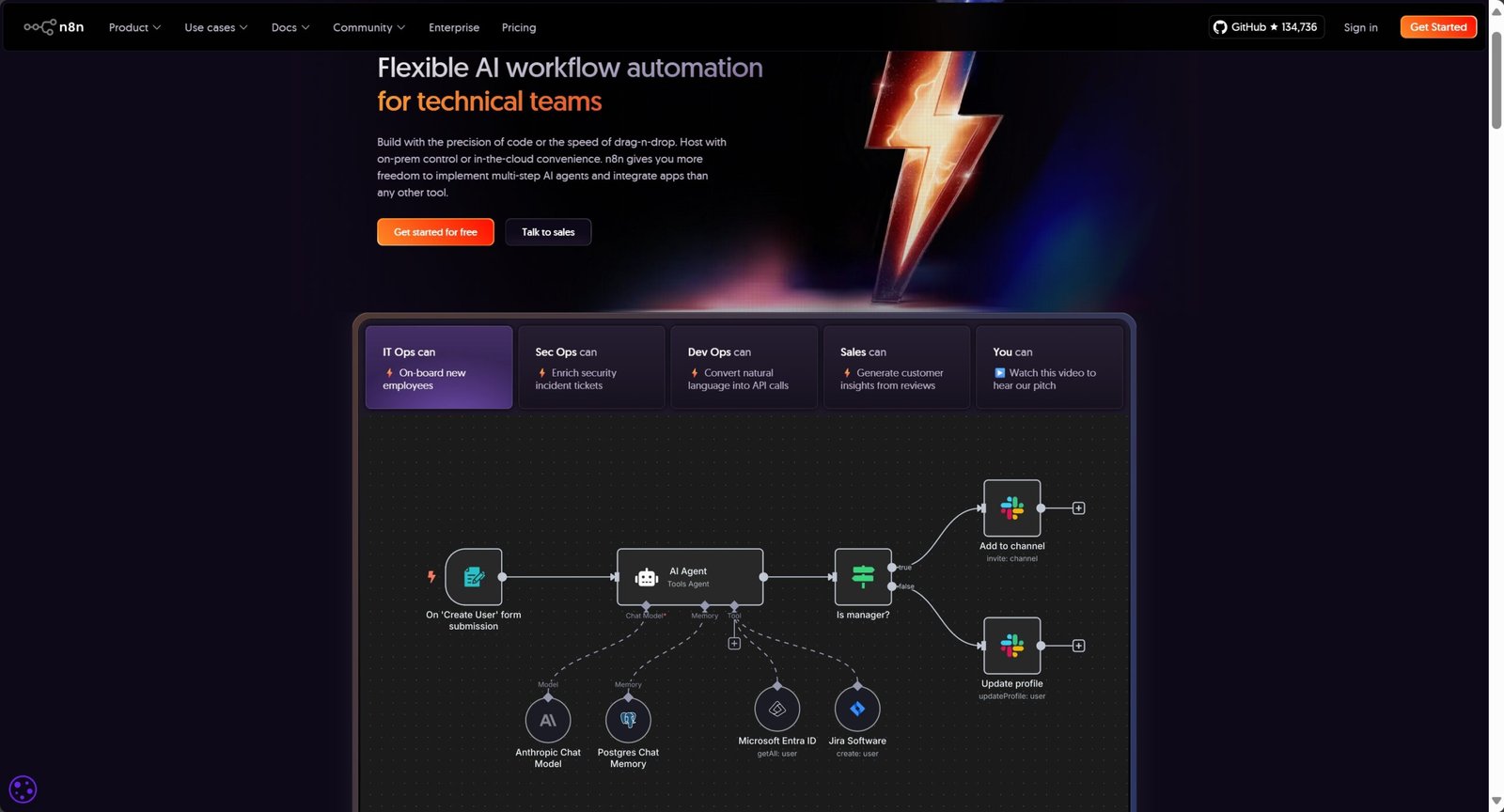Unlocking Agentic AI: How It Differs from Traditional Automation, the Role of Planner Agents, and Our Human Responsibilities
Category: AI News & Blogs Views: 23
Hey there, tech trailblazers! I'm Alex Rivera, a seasoned web editor with more than a decade navigating the wild waves of digital transformation. From wrangling early automation scripts that streamlined my content pipelines to experimenting with cutting-edge AI agents that feel like having a super-smart sidekick, I've seen tech evolve from rigid tools to something almost alive. Today, I'm diving deep into agentic AI – the buzzword that's reshaping how we think about work and innovation. If you've ever wondered how this differs from old-school automation, what a planner agent really does in these systems, or what responsibilities we humans shoulder as agentic tech proliferates in workplaces, you're in the right spot. Drawing from my hands-on trials, recent industry insights, and expert analyses as of September 3, 2025, this isn't just a rundown; it's my personal take on why understanding agentic AI could be your next career superpower.
As someone who's integrated AI into editorial workflows (saving hours on research and drafting), I can attest: Agentic AI isn't hype – it's a paradigm shift. Let's break it down question by question, with real-world examples and backed by solid sources for that trustworthy edge.
Agentic AI vs. Traditional Automation: The Key Differences That Matter
First off, let's tackle the big one: How does agentic AI stand apart from traditional automation? In my experience, traditional automation is like a reliable robot arm on an assembly line – efficient for repetitive, rule-based tasks but utterly lost if something changes. Think scripts that auto-post content or RPA (Robotic Process Automation) bots handling data entry. They're programmed with if-then logic: Predictable input leads to fixed output, no questions asked.
Agentic AI, on the other hand, is more like a savvy project manager who adapts on the fly. It doesn't just follow rules; it pursues goals autonomously, making decisions, learning from experiences, and handling dynamic, unstructured scenarios. For instance, while traditional automation might fail at processing messy emails or adapting to schema changes in data, agentic AI can diagnose issues, plan resolutions, and even collaborate with other systems or humans.
To make this crystal clear, here's a quick comparison table based on my synthesis of recent analyses:
| Aspect | Traditional Automation | Agentic AI |
|---|---|---|
| Core Mechanism | Rule-based, fixed logic | Goal-oriented, adaptive decision-making |
| Adaptability | Low – breaks on changes | High – learns and evolves from experiences |
| Task Handling | Repetitive, structured tasks | Complex, dynamic, unstructured challenges |
| Decision-Making | None – follows predefined paths | Autonomous, context-aware |
| Examples | Data entry bots, scheduled backups | AI agents resolving customer queries or optimizing workflows |
| Limitations | Struggles with ambiguity | Higher complexity in setup, potential for errors without oversight |
This shift means businesses can build flexible ecosystems where AI doesn't just assist but proactively resolves issues. In my workflows, switching to agentic setups has turned rigid processes into resilient ones – a game-changer for efficiency.
The Primary Function of a Planner Agent in Agentic AI Systems
Now, zooming into the heart of agentic setups: What's the main job of a planner agent? From my tinkering with multi-agent frameworks like those in LangGraph or CrewAI, the planner is essentially the strategist – the brain that turns high-level goals into actionable roadmaps. Its primary function is to devise strategies, break down complex objectives into sequential subtasks, evaluate options, and create an execution plan that other agents (like executors or tools) can follow.
Think of it as the conductor in an orchestra: While other agents handle specific instruments (e.g., data retrieval or decision execution), the planner orchestrates the symphony. It identifies steps, anticipates obstacles, and adapts plans in real-time based on feedback. In enterprise scenarios, this might mean planning a marketing campaign by sequencing research, content generation, and deployment – all without constant human nudges.
Key to its role is goal decomposition: You feed it a broad aim like "Optimize content strategy," and it generates a plan with prioritized actions, resources, and contingencies. I've used similar planners in AI prototypes to automate editorial calendars, and it's freed up my team for creative work. Without a strong planner, agentic systems risk inefficiency – it's the glue holding autonomy together.
Human Responsibilities Amid the Rise of Agentic Systems at Work
Finally, as agentic AI infiltrates workplaces – from HR screening to decision-making – what responsibilities do we humans bear? In my view, it's not about fearing job loss but embracing stewardship. With 83% of pros seeing AI as an augmenter of human capabilities, our role shifts to oversight, ethical guidance, and skill evolution.
Primarily, humans must provide supervision to mitigate risks like misinterpretations or biases, ensuring agents align with organizational values. This includes setting clear goals, monitoring outcomes, and intervening when needed – think "human-in-the-loop" for high-stakes tasks. As agents gain autonomy, we also bear responsibility for upskilling: Fostering soft skills like collaboration, adaptability, and critical thinking, which AI can't replicate.
Ethically, we're tasked with addressing power dynamics – reduced sense of control could lead to disengagement, so promoting transparent AI integration is key. In workplaces I've consulted for, this means redesigning roles around delegation: Humans assign tasks to agents, focusing on strategy and relationships. Ultimately, as agentic systems grow, our responsibility is to harness them for augmentation, not replacement, ensuring a hybrid workforce that's innovative and humane.
Wrapping It Up: Embracing the Agentic Era with Eyes Wide Open
Agentic AI isn't just tech – it's a rethinking of how we work, blending autonomy with human ingenuity. From its adaptive edge over traditional automation to the planner agent's strategic prowess and our evolving responsibilities, this is the future unfolding. I've integrated these concepts into my own processes, and the boost in productivity is real.
Curious to experiment? Dive into agentic frameworks like those from AWS or Google Cloud. Share your thoughts in the comments: How are you prepping for agentic AI at work? Let's discuss and stay ahead of the curve.
Disclaimer: Insights drawn from public sources and my professional expertise as of September 3, 2025. Always cross-verify with the latest developments.
